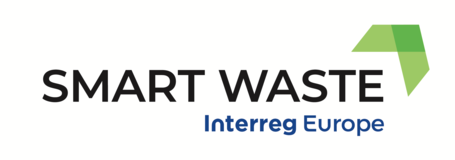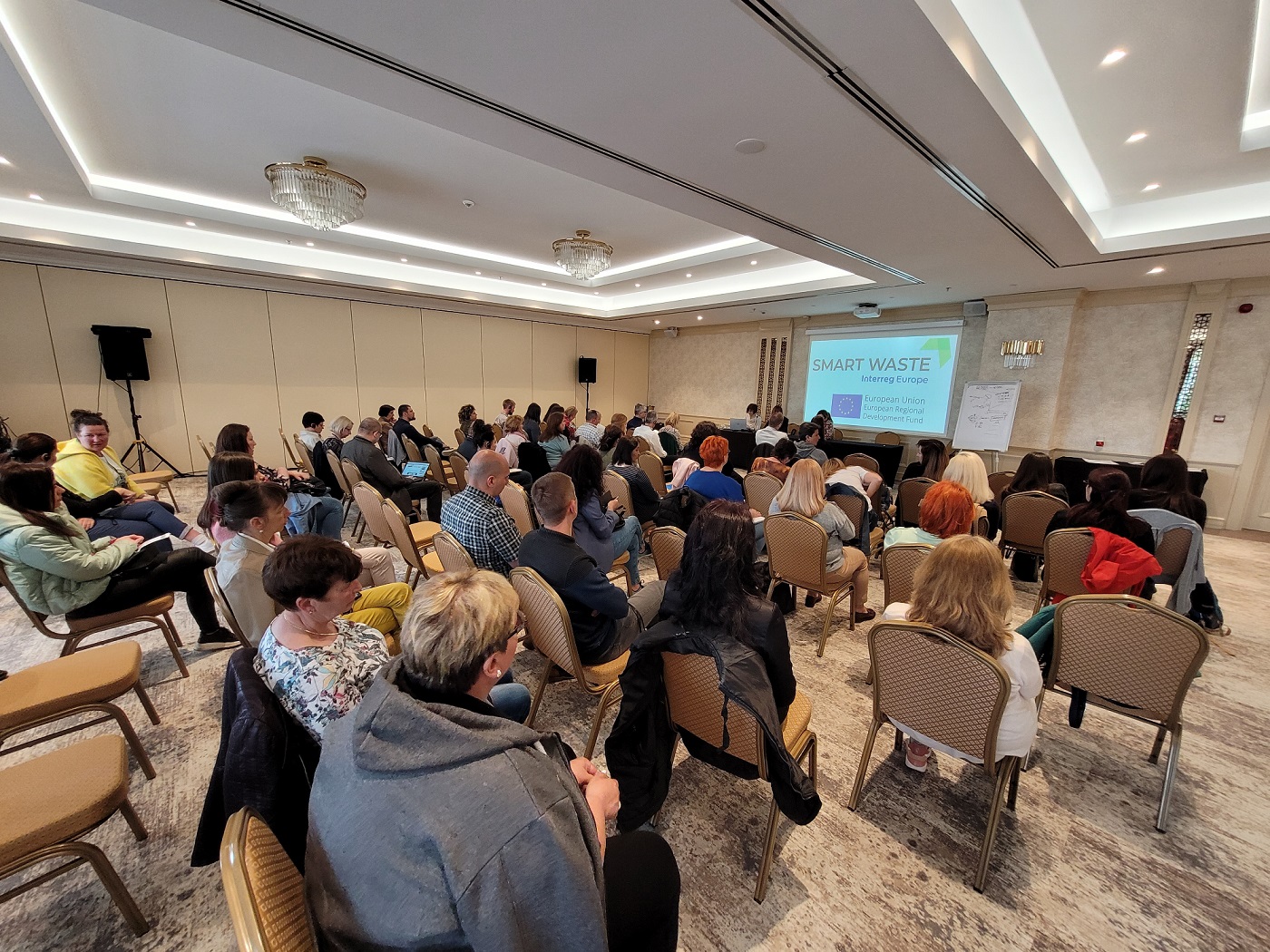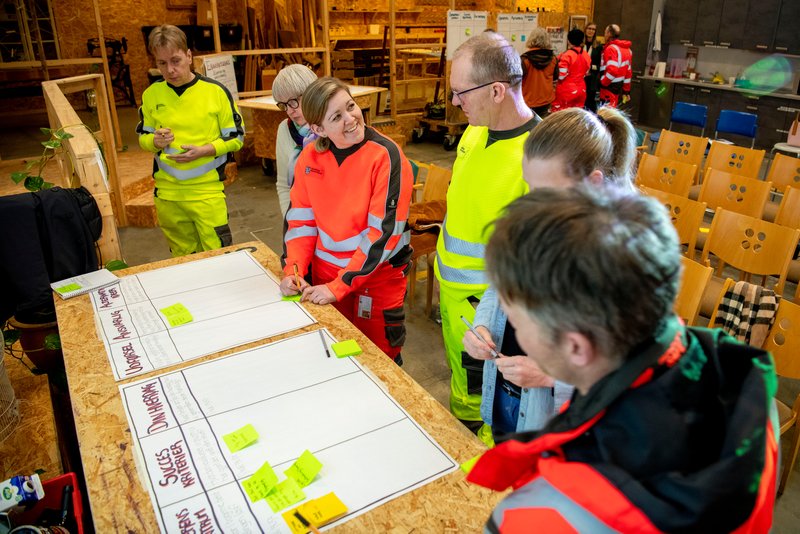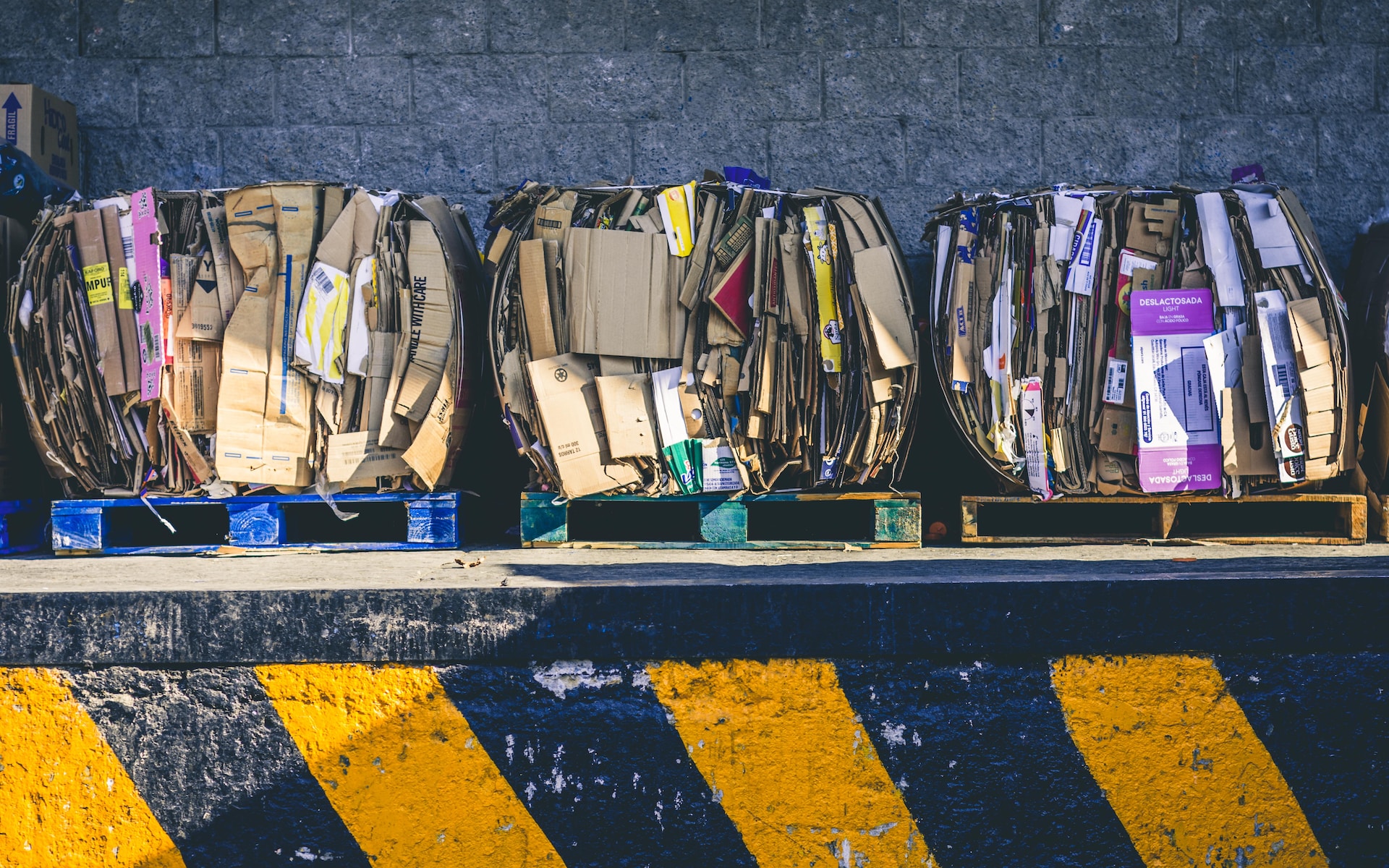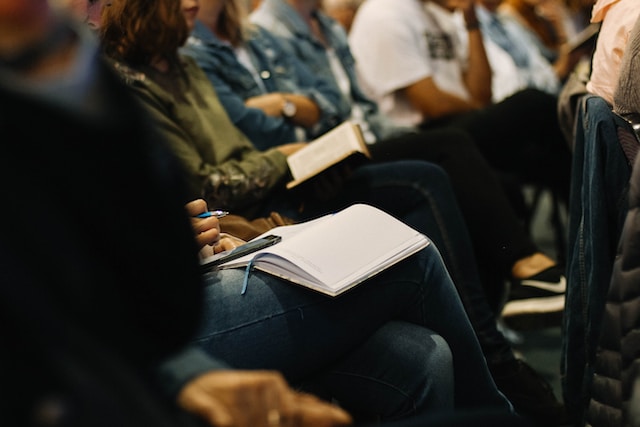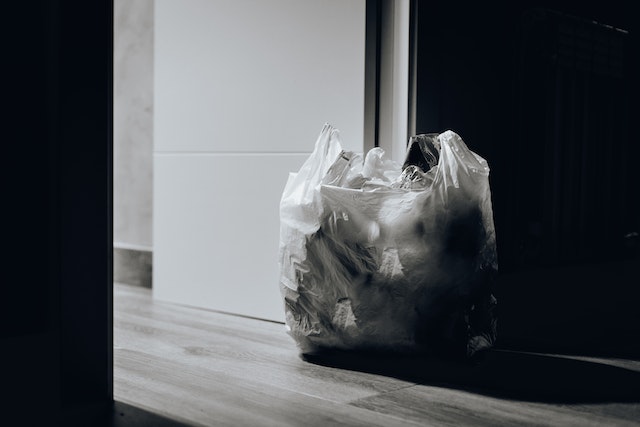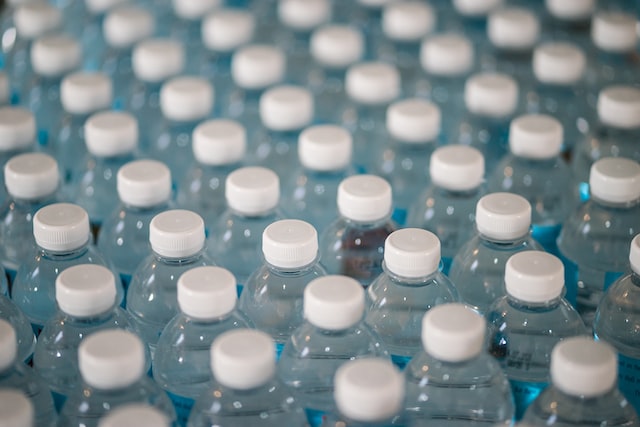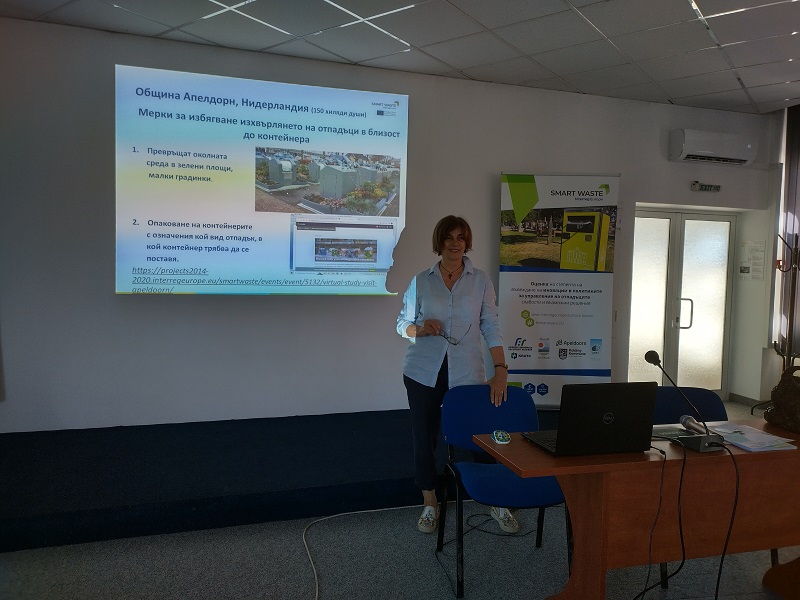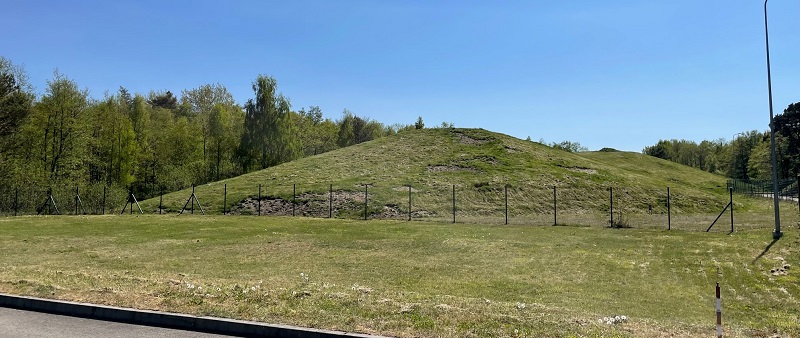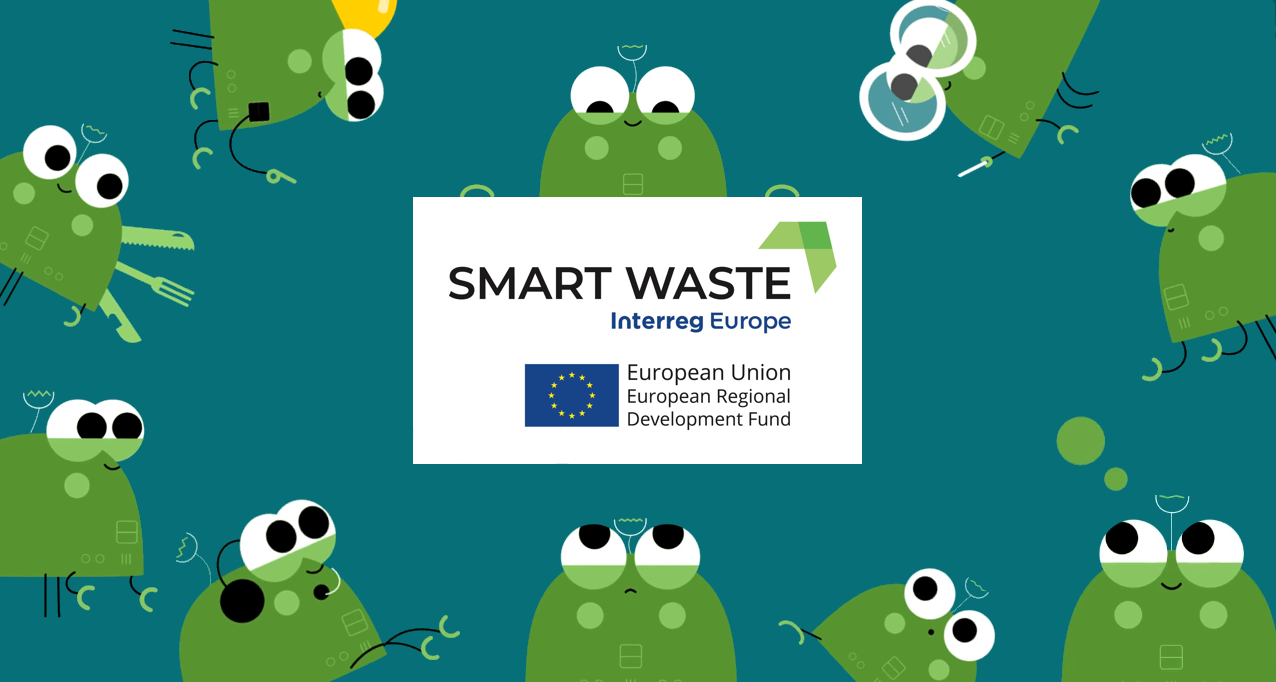To evaluate to what extent current national, regional and local policies have promoted successful innovation in waste management, SMART WASTE partners have set a policy evaluation method.
Apeldoorn and Kolding decided to go one step further and closely cooperate and exchange on their policies. Before defining which experience can be used from one another, they found it necessary to better understand their respective situation. For that, they created a short survey which complements the policy evaluation method.
It consists in 7 questions aiming to identify where they stand as an organization in the waste world and how advanced they are in applying the waste hierarchy. The answers, sent to and analysed by the other organisation, helped understanding the influence of innovation and waste management in the policies under scrutiny. These questions were:
- Who are the players in the field of waste management and what are their interests and their formal / legal duties? (refer to the applicable law)
- On what and to whom should your organization be accountable?
- How does the cash flows for each raw material / waste stream?
- What is the influence of national and regional policy fields? How many freedom of movement does your organization have?
- Where do you currently stand as an organization in terms of:
a. Which raw materials are collected / offered separately and what is the amount of residual waste?
b. Which raw materials are (verifiable) recycled (up or down cycling) and how much (in %)?
c. To which target groups does this apply (think of residents, companies, social organizations, etc.)
d. Which instruments do you use for this? - What do you (ideally) want to achieve in terms of waste / raw materials / circularity? What do you wish to control as an organization (think of waste hierarchy and general interest) and what freedom of movement do you have in this?
- What role does enforcement play in this and what (legal) limitations are encountered?
The result of this exchange will contribute to the general policy analysis of the project and later on to the identification of interregional Good Practices.
Photo by Scott Graham on Unsplash
